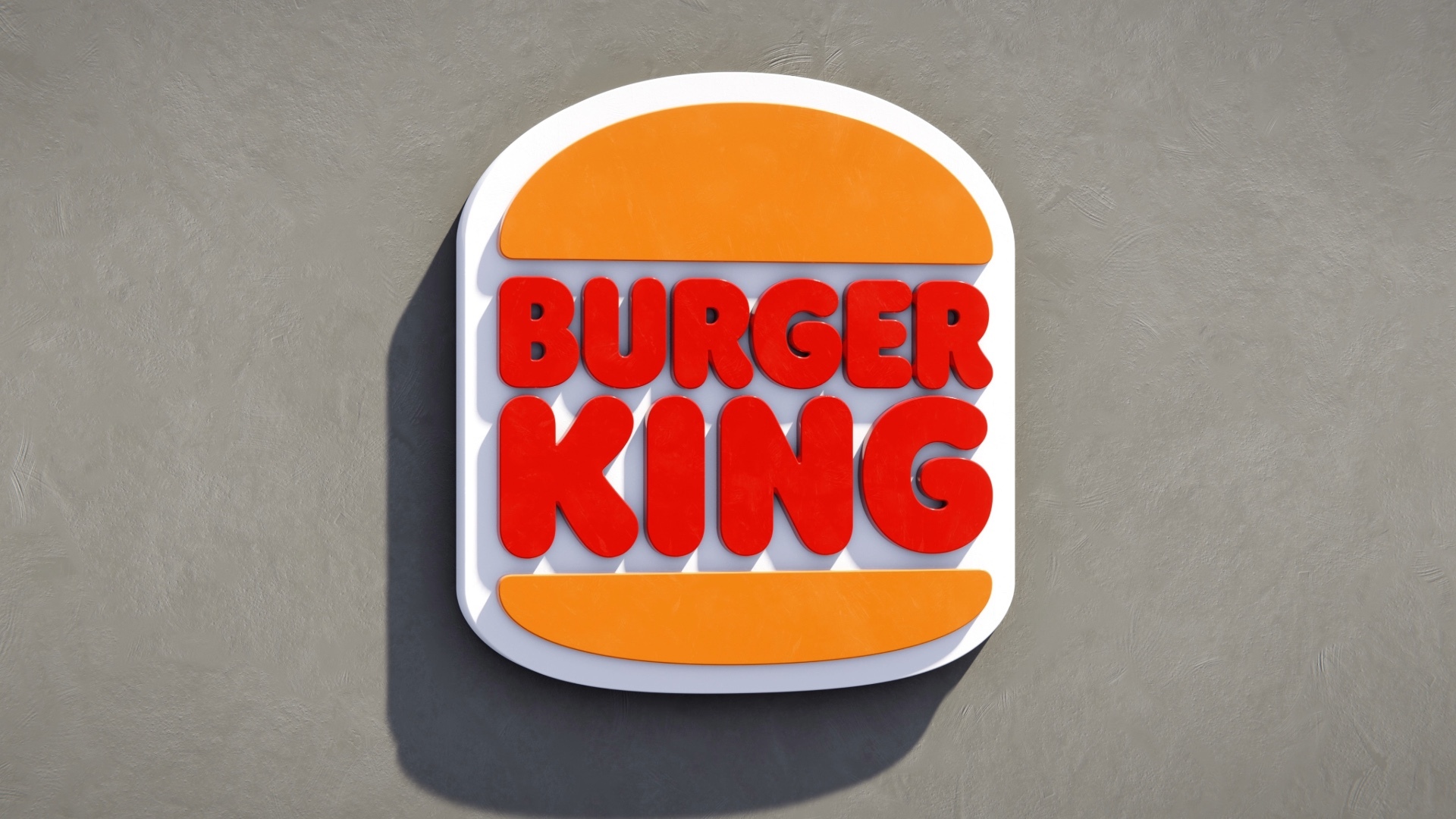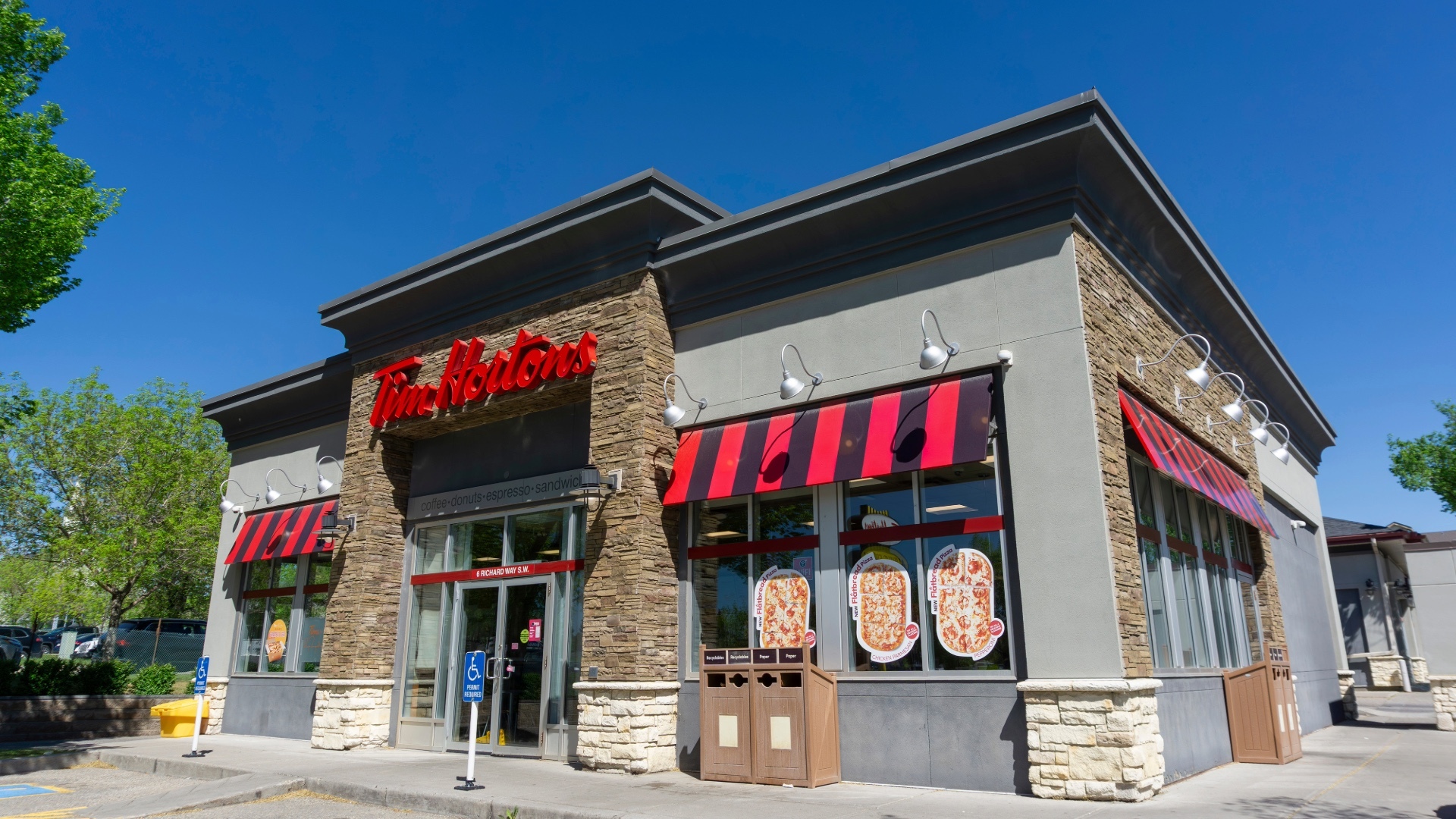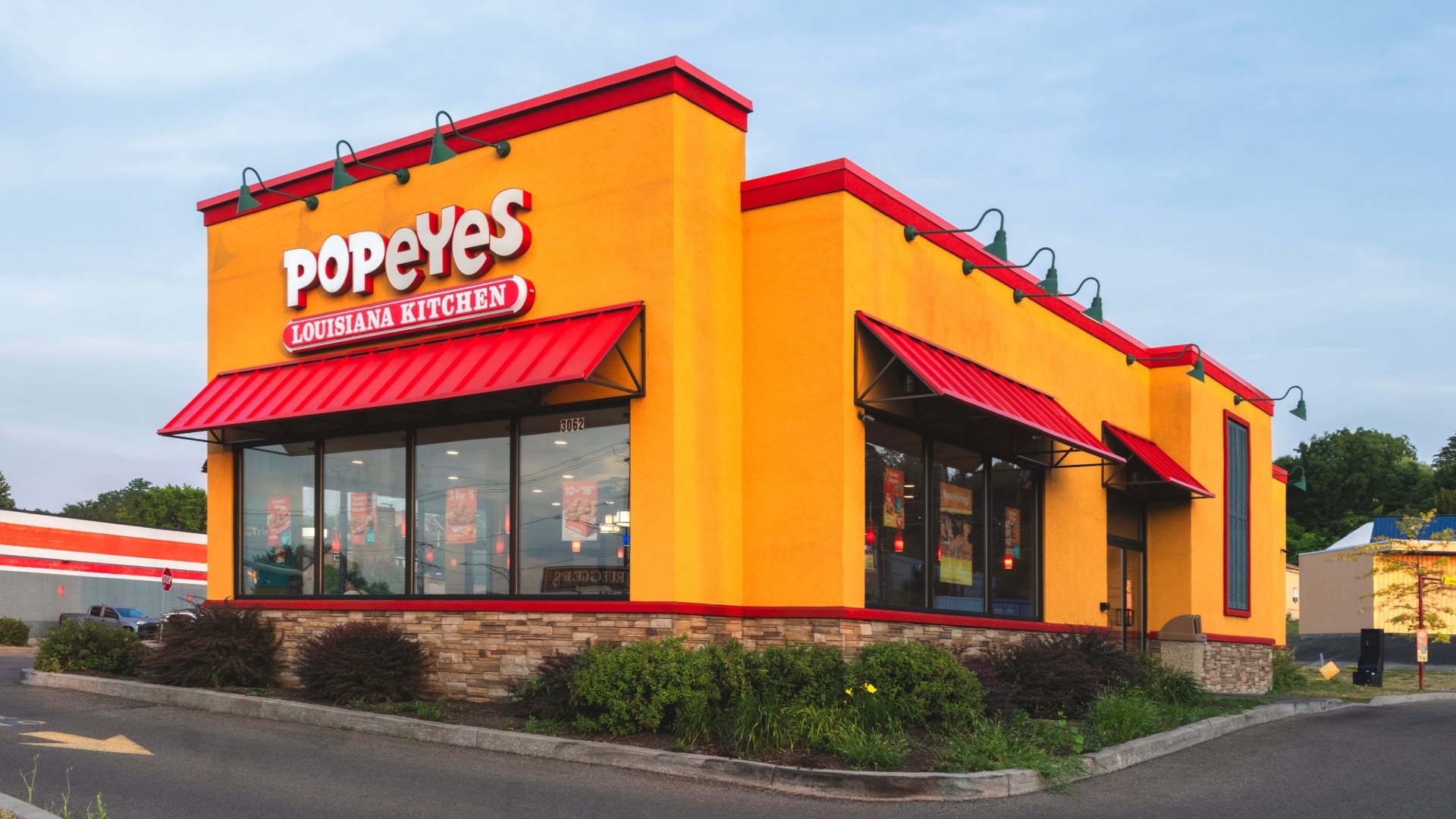Burger King parent defies consumer slowdown with strong global growth
Posted by Emma on 1st Nov 2025 Reading Time:
Restaurant Brands International delivers resilient results as value deals and international expansion drive momentum
Restaurant Brands International (RBI), the parent company of Burger King, Tim Hortons, Popeyes, and Firehouse Subs, has delivered another quarter of robust performance — surpassing market expectations despite a cautious consumer environment and persistent cost pressures.
The Toronto-based group reported third-quarter revenue of $2.45 billion, exceeding Wall Street’s consensus estimate of $2.4 billion. Net income rose to $315 million, or 96 cents per share, compared with $252 million (79 cents) in the same period last year. Adjusted earnings per share came in at $1.03, comfortably ahead of analyst forecasts .
Resilient Traffic and Value-Led Strategy
While many restaurant chains continue to battle subdued consumer confidence, RBI’s portfolio has demonstrated resilience. Burger King and Tim Hortons – which together account for the majority of group revenue – both achieved solid same-store sales growth of 4%, underpinned by strategic menu updates, promotional value deals, and targeted pricing .
Burger King’s “2 for $5” and “3 for $7” meal offers proved particularly effective at sustaining traffic in a cost-conscious market. Thomas Curtis, President of Burger King US and Canada, noted that multiple brands and a broad global footprint had helped cushion demand compared with more U.S.-centric operators such as Chipotle, which recently cut its full-year forecast amid waning discretionary spending .
Tim Hortons Leads, International Markets Excel
Tim Hortons, RBI’s largest brand, continued to lead performance with comparable sales up 4.2%, benefiting from its relative insulation from U.S. macroeconomic pressures — as only around 11% of its outlets operate in the United States. The international division also proved a bright spot, with sales rising 6.5% year-on-year.
Meanwhile, Burger King recorded 3.1% comparable sales growth, aided by momentum across Europe and Latin America. Popeyes, which faced intense competition in the fried chicken category, saw a modest decline of 2.4%, though analysts expect a rebound next year as new kitchen investments and menu innovation take hold.
Margins, Inflation, and the Beef Factor
Despite elevated input costs, particularly beef, RBI managed to expand its adjusted operating margin by 20 basis points to 28.7%, with management confident that inflationary headwinds will ease in the coming quarters .
Chief Financial Officer Sami Siddiqui described rising beef prices — which account for about 25% of Burger King’s commodity costs — as a temporary setback, noting that margins should normalise once cyclical supply pressures subside .
Refranchising and Long-Term Growth
RBI is in the midst of a transformation strategy that includes refranchising former Carrols-owned Burger King outlets and seeking local partners to accelerate Burger King’s expansion in China. Analysts, including Morningstar’s David Swartz, expressed confidence that these initiatives could lift operating income by 8% annually between 2024 and 2028, targeting a return to 30% margins within two years .
The company’s global diversification appears to be paying off. While many fast-casual operators, such as Chipotle, have seen consumers trade down, RBI’s emphasis on affordability and consistency has enabled it to retain both customer loyalty and investor confidence. Morningstar maintained its fair value estimate of C$102 per share, suggesting shares remain slightly undervalued given the company’s long-term growth trajectory .
A Cautious Optimism
Despite management noting some “softness” among lower- and middle-income consumers, the group’s steady performance underscores the durability of its value proposition. As discretionary spending tightens, RBI’s combination of global scale, accessible pricing, and brand strength positions it to continue outperforming peers navigating a volatile economic landscape.
The broader message is clear: while consumer restraint has hurt premium dining, the global appetite for quick, affordable meals remains firm. Restaurant Brands International’s latest results suggest that strategic investment, disciplined pricing, and brand evolution can still deliver growth — even in uncertain times.






